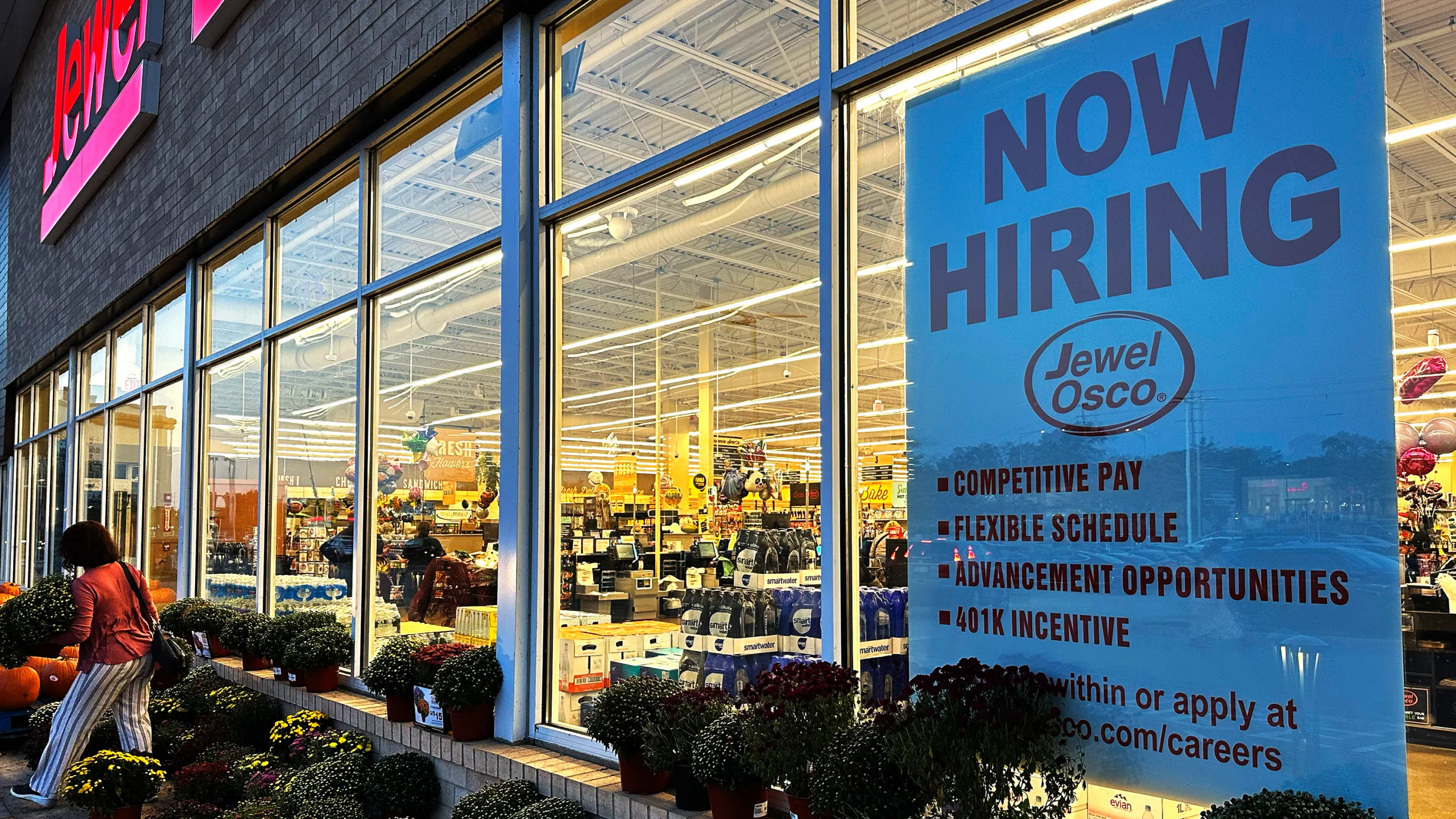According to a study issued on Monday, the majority of business economists believe that even if the employment market eventually weakens due to rising interest rates, the U.S. economy might escape a recession in 2019.
According to a poll conducted by the National Association for Business Economics, just 24% of economists said that a recession in 2024 was more likely than not. The 38 economists that participated in the study are affiliated with institutions including Nationwide, the University of Arkansas, and Morgan Stanley.
These forecasts suggest the Federal Reserve believes it can manage the difficult balancing act of controlling inflation by slowly slowing the economy through high interest rates without totally stopping its expansion.
Ellen Zentner, head of the organisation and chief U.S. economist at Morgan Stanley, said in a statement that although most respondents foresee an increase in the unemployment rate going forward, the majority also believes that the rate will not surpass 5%.
From around zero at the beginning of the year, the Federal Reserve has increased its primary interest rate over 5.25% to the highest level since the year 2000.
Elevated interest rates impede the pace of inflation by increasing the cost of borrowing and depressing stock and other investment values. Usually, the combination starves inflation of its fuel and lowers expenditure. Despite rising interest rates, the labour market has so far been relatively stable, and in October, the unemployment rate was a modest 3.9%.
The majority of experts polled anticipate that inflation will continue to decline in 2024, though many believe it won’t reach the Federal Reserve’s 2% objective until the following year.
Naturally, the only thing that experts are anticipating is a slowdown in price rises rather than a complete reversal, which would be necessary for prices of groceries, haircuts, and other items to go back to their pre-inflation levels by 2021.
The consumer price index was expected to have increased 2.4% from a year earlier in the last three months of 2024, according to the median projection of the analysts surveyed. That would be less severe than the almost 9% inflation that American families saw in the summer of 2022.
When the Federal Reserve could start reducing interest rates, which might ease economic pressure and boost the financial markets, is a subject of debate among economists. A quarter of those surveyed believe the first cut won’t occur until the final three months of 2024, despite some economists predicting it will happen in the first three months of 2024.

